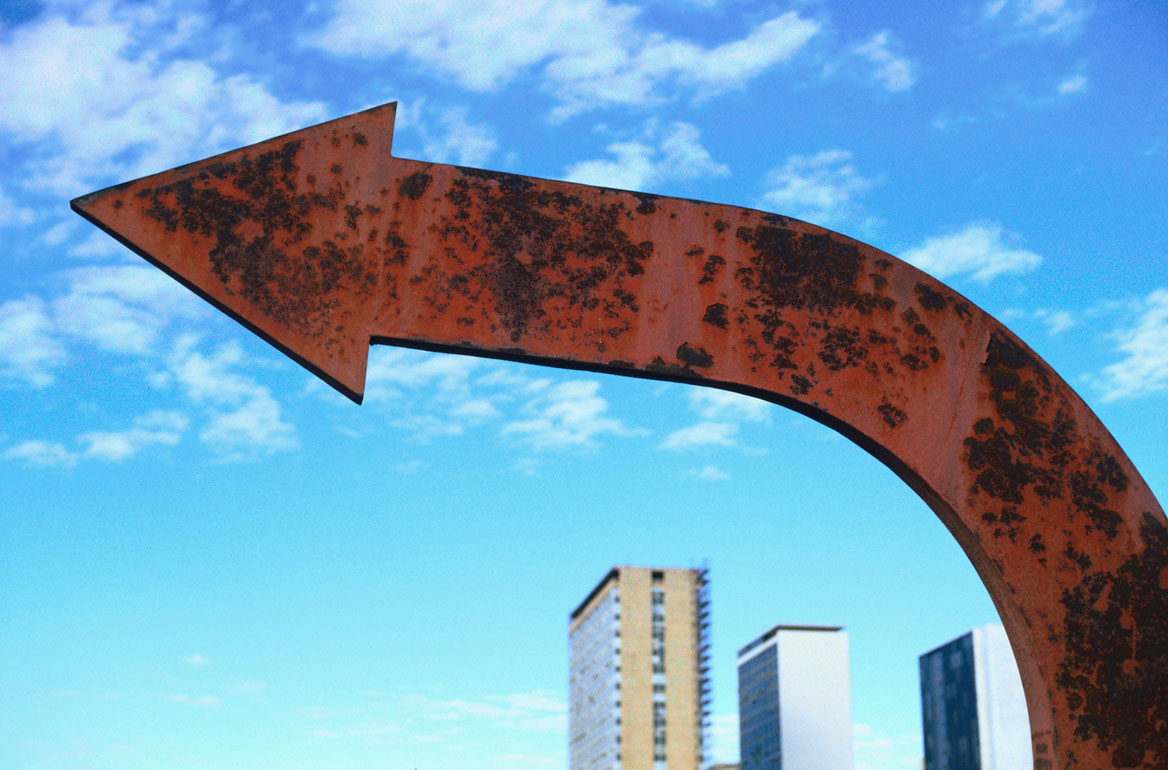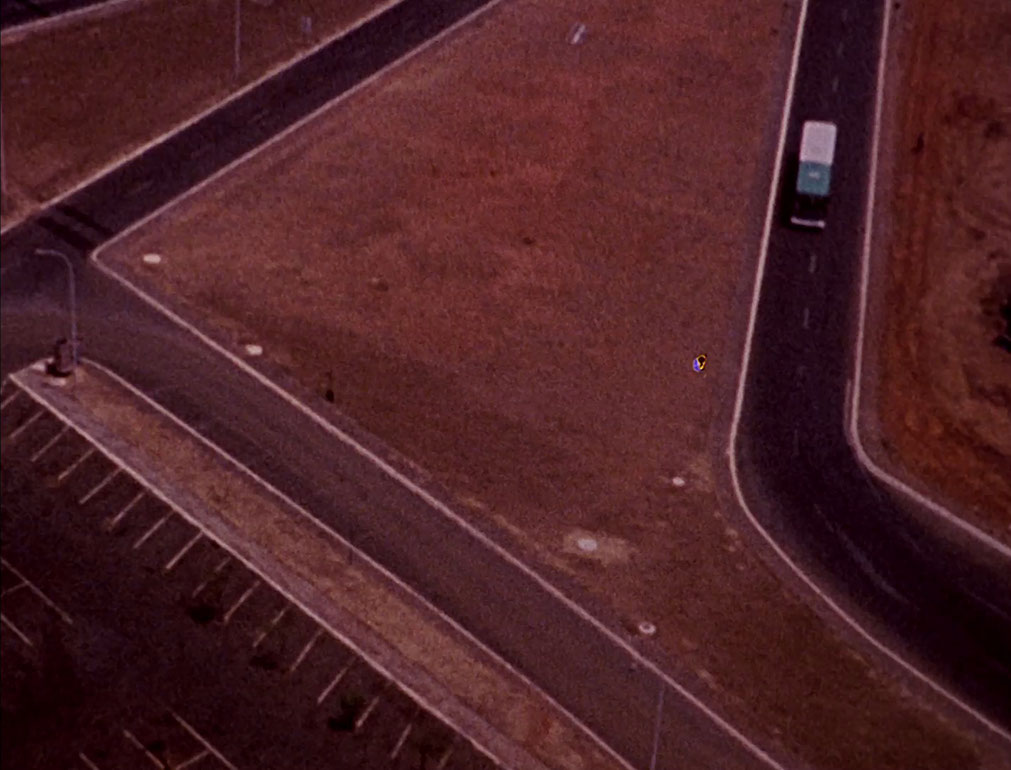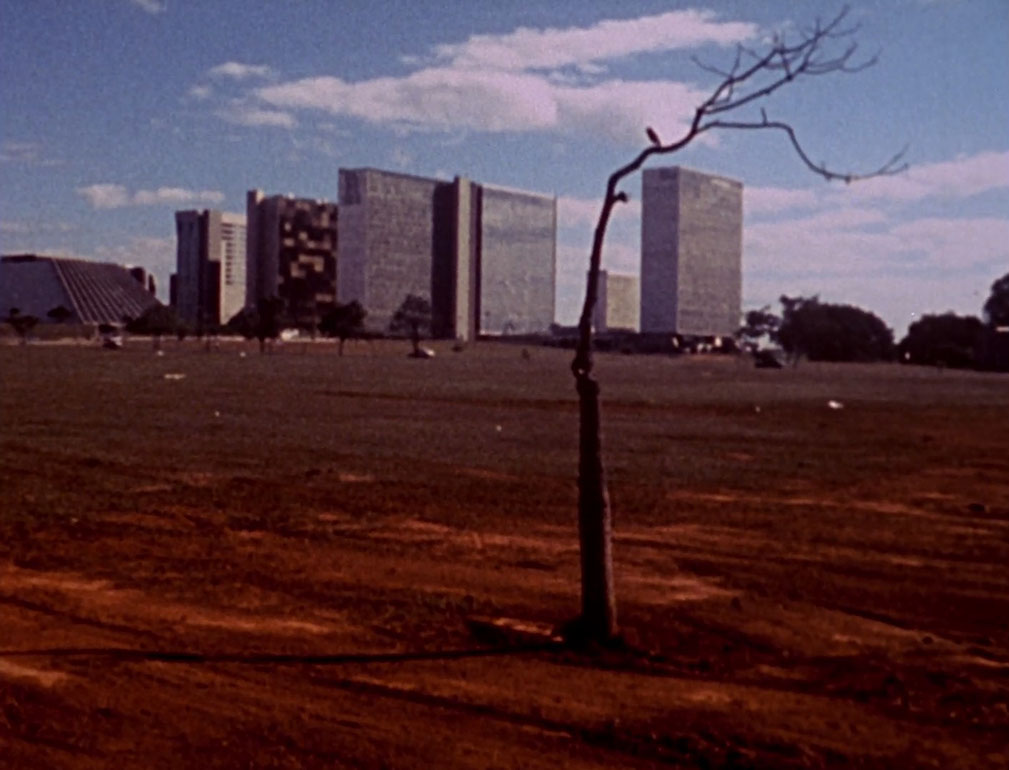Vacancy
Brasília, the "city of hope", "the ultimate utopia of the 20th century" (Umberto Eco), is being conserved as a cultural heritage today. It is a place as old as the filmmaker. Segments of amateur footage and of feature films shot on location in the early sixties are inserted in his 1998 travelogue. The utopian city as represented in Vacancy is a place abandoned from its inhabitants, a museum kept alive by its staff only.
(Matthias Müller)
In its relentless looking back on the past and its inability to envision a future, Vacany is the quintessential millennial film. Misguided notions of progress have given way to pointless rovings and meaningless activities. The city is empty, its inhabitants gone, and yet we continue to prop up its corpse.
(Scott McLeod)
Müller takes home-movies of the inauguration day of Brasília and subjects them to a unique visual style. Ageing film-stock flickers and fades generating an aura of ambient romanticism. As the clouds gather over Niemeyer’s space-age architecture, Müller conjures up a feeling of profound melancholy – the identity of the poet narrator blurred into the exquisite corpse of the city itself. In Müller’s film, documentary footage dissolves into a ‘Kodak moment’ of another kind.
(Gregor Muir, In: Flash Art, London, 2002)
Watching VACANCY is to be sucked into a narrative worthy of Andrei Tarkovsky’s great and greatly mysterious film, Stalker. Müller’s images cut and dissolve into each other remorselessly; delivering an unearthly take on Brasília’s architecture. Looking on in that darkened room, it is easy to imagine that even the most unremarkable buildings, those we pass heedlessly every day, carry a weird, protean charge; flickering alternative forms that, if revealed, might make them as shockingly bizarre as coelacanths.
(Jay Merrick, In: The Independent, London 2001)
Vacancy
1998
Germany
14 min



